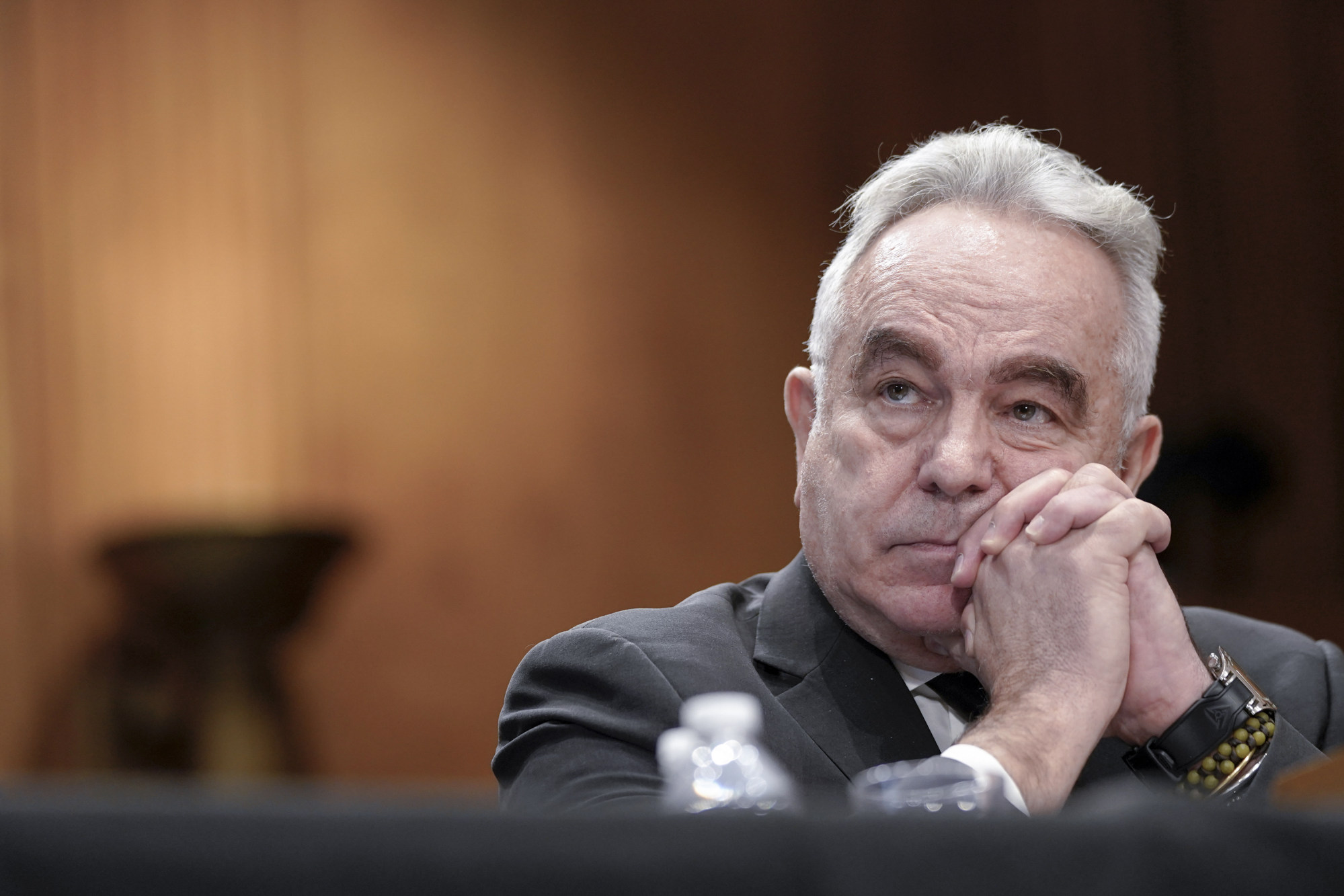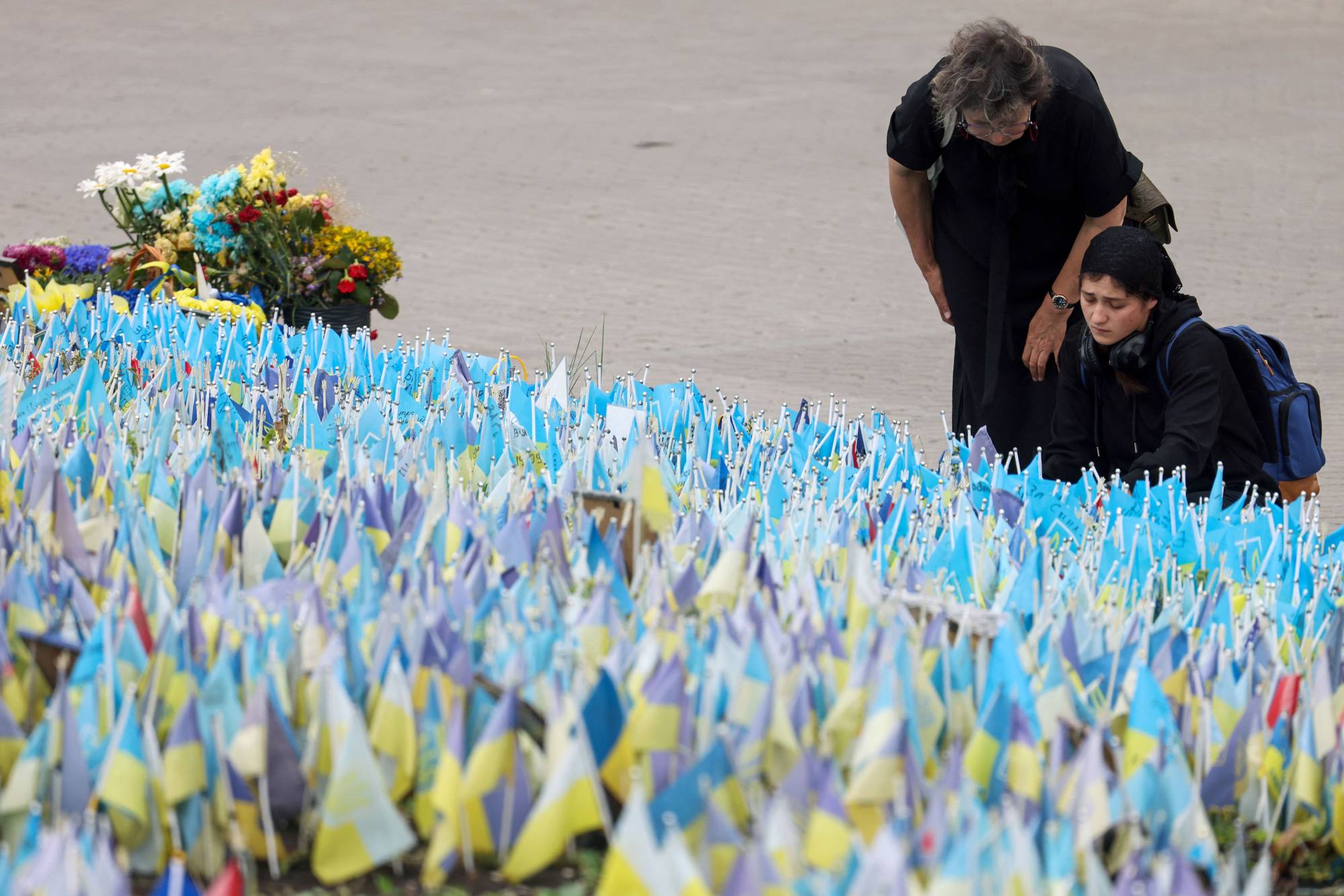Stoltenberg offered his remarks during a visit to Washington and previewed a stance Nato leaders are expected to take at their summit in the American capital from July 9 to 11.
“But the reality is that China’s fuelling the largest armed conflict in Europe since World War II. And at the same time, it wants to maintain good relations with the West.”
By working together, allies in Europe and Asia “can uphold the international rules-based order and protect our shared values”.
Since Russia invaded Ukraine in February 2022, Nato has enhanced its cooperation with Indo-Pacific countries.

The veteran US diplomat said he briefed his European counterparts on Chinese support for Russia, going into “as much detail and specifics as possible”.
Noting the significance of the IP4 countries joining the Nato summit in July, Campbell said their presence would allow European leaders to hear the perspectives of Indo-Pacific partners on how the region is “more linked to Europe than ever before”.
On Monday, White House National Security Council spokesman John Kirby said the US was “concerned” about Russia and North Korea getting closer because of the impact that could have on Ukraine and the Indo-Pacific region at large.
“We know North Korean ballistic missiles are still being used to hit Ukrainian targets, but because there could be some reciprocity here that could affect security on the Korean peninsula,” Kirby added.
Kirby condemned what he described as “provocative, reckless, unnecessary” actions by China that “could lead to something much bigger and much more violent”.
As for Ukraine, Stoltenberg on Monday asserted the war had shown that European security was not regional but global, “not least because of the support we know Russia was getting from China and others”.
The Chinese embassy in Washington did not immediately respond to a request for comment.

“I can only now reveal that this year more than 20 allies will spend at least 2 per cent of GDP on defence,” Stoltenberg said. At present, Nato has 32 member states.
“This is good for Europe and good for America, especially since much of this extra money is spent here in the United States,” he added, noting more than US $140 billion of Europe’s defence acquisitions in the last two years came from American companies.
Stoltenberg said it would be “stupid” for North America and Europe to stand “divided” in a world “where we are afraid of not only Russia but also the security consequences of China for our security”.
On Tuesday, the Nato chief is scheduled to hold talks with US Secretary of State Antony Blinken at the State Department.
Stoltenberg is also set to visit Capitol Hill to meet members of the US Senate Foreign Relations committee, Senate minority leader Mitch McConnell and members of the Senate Nato observer group.

